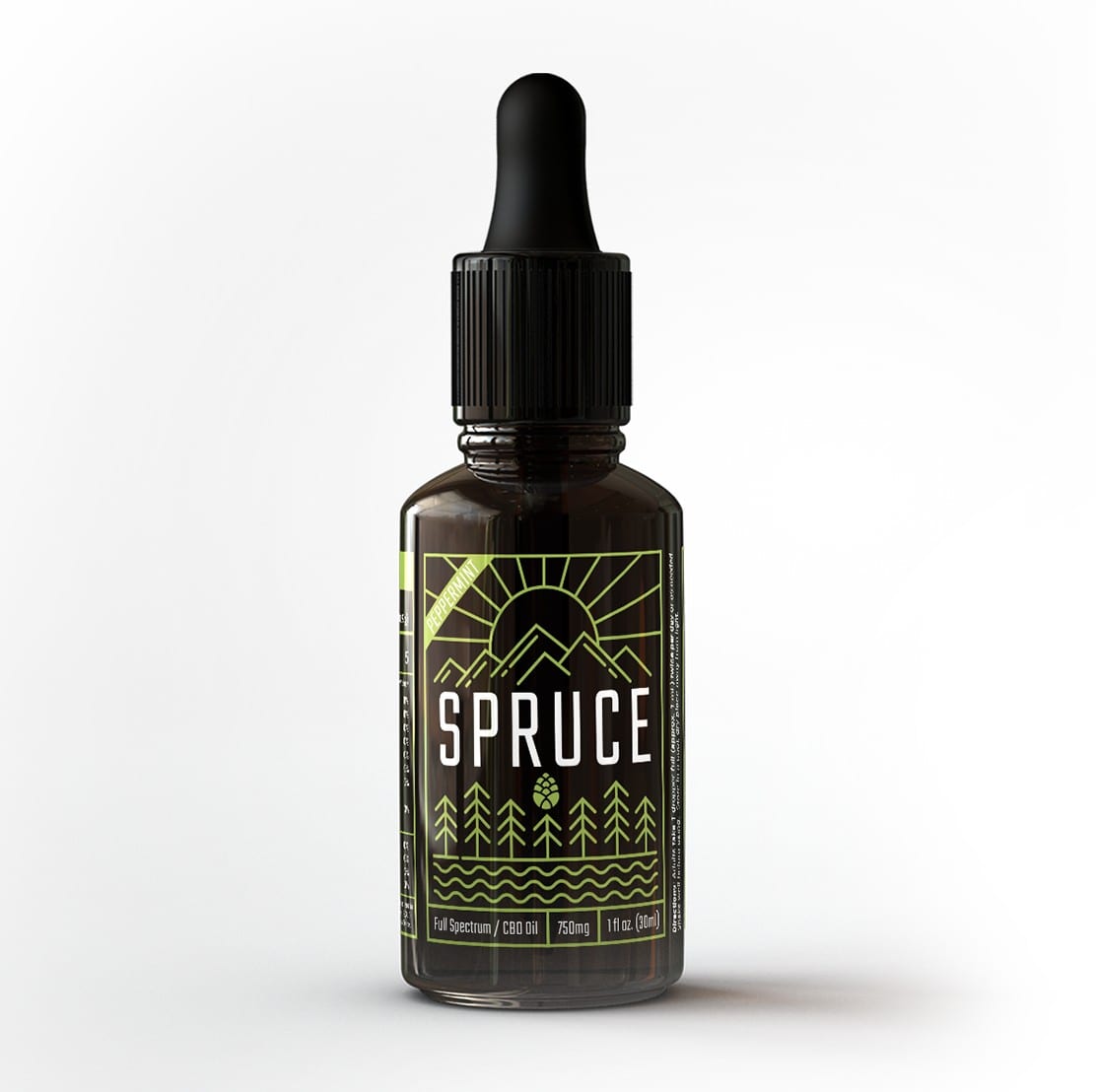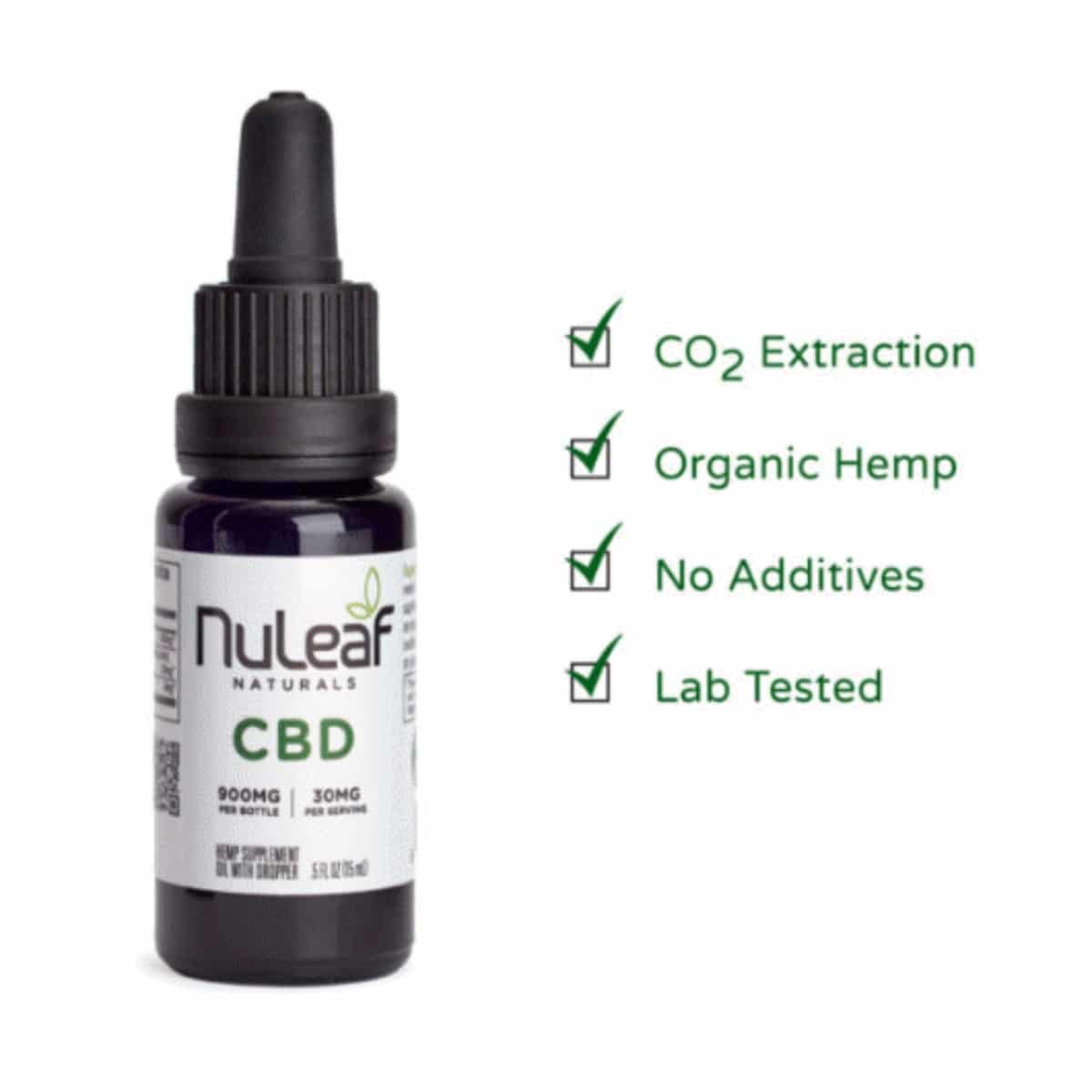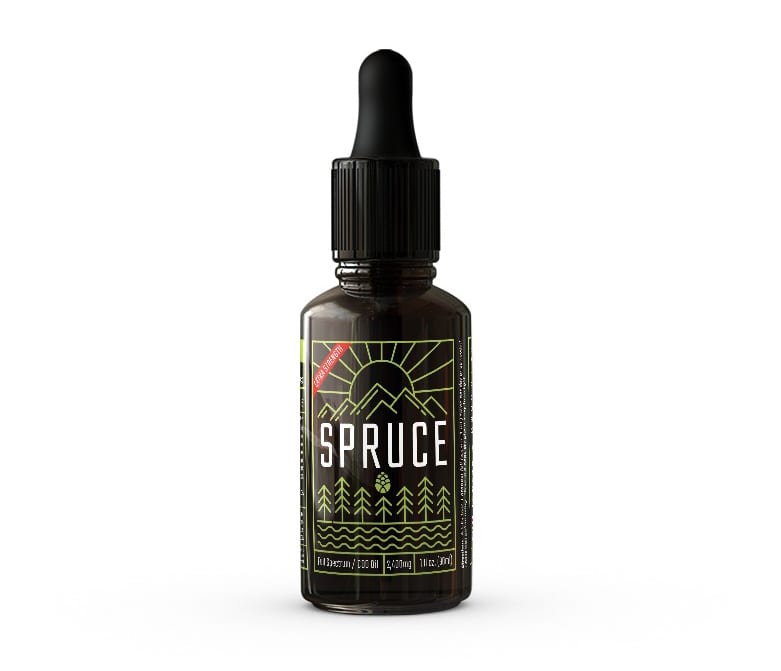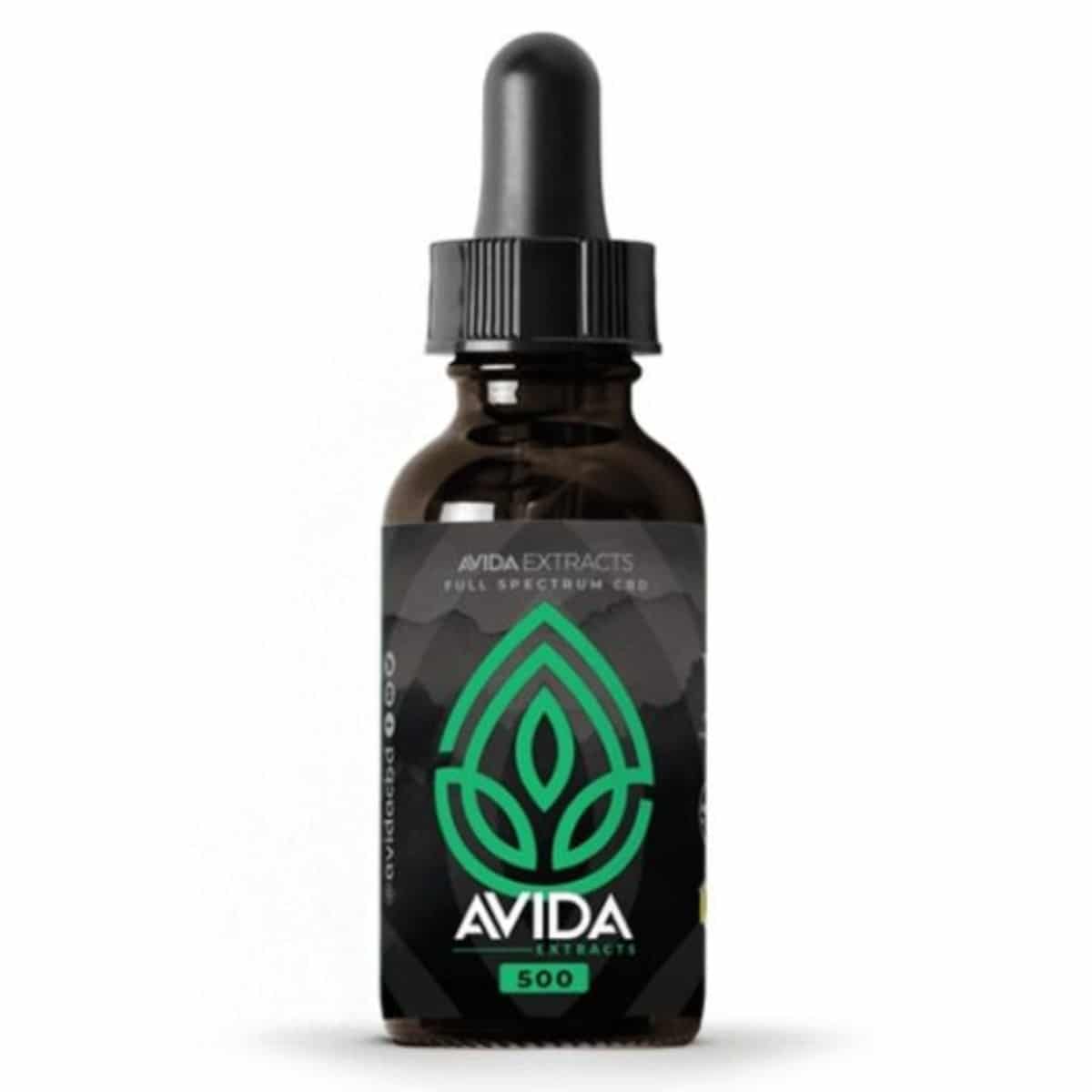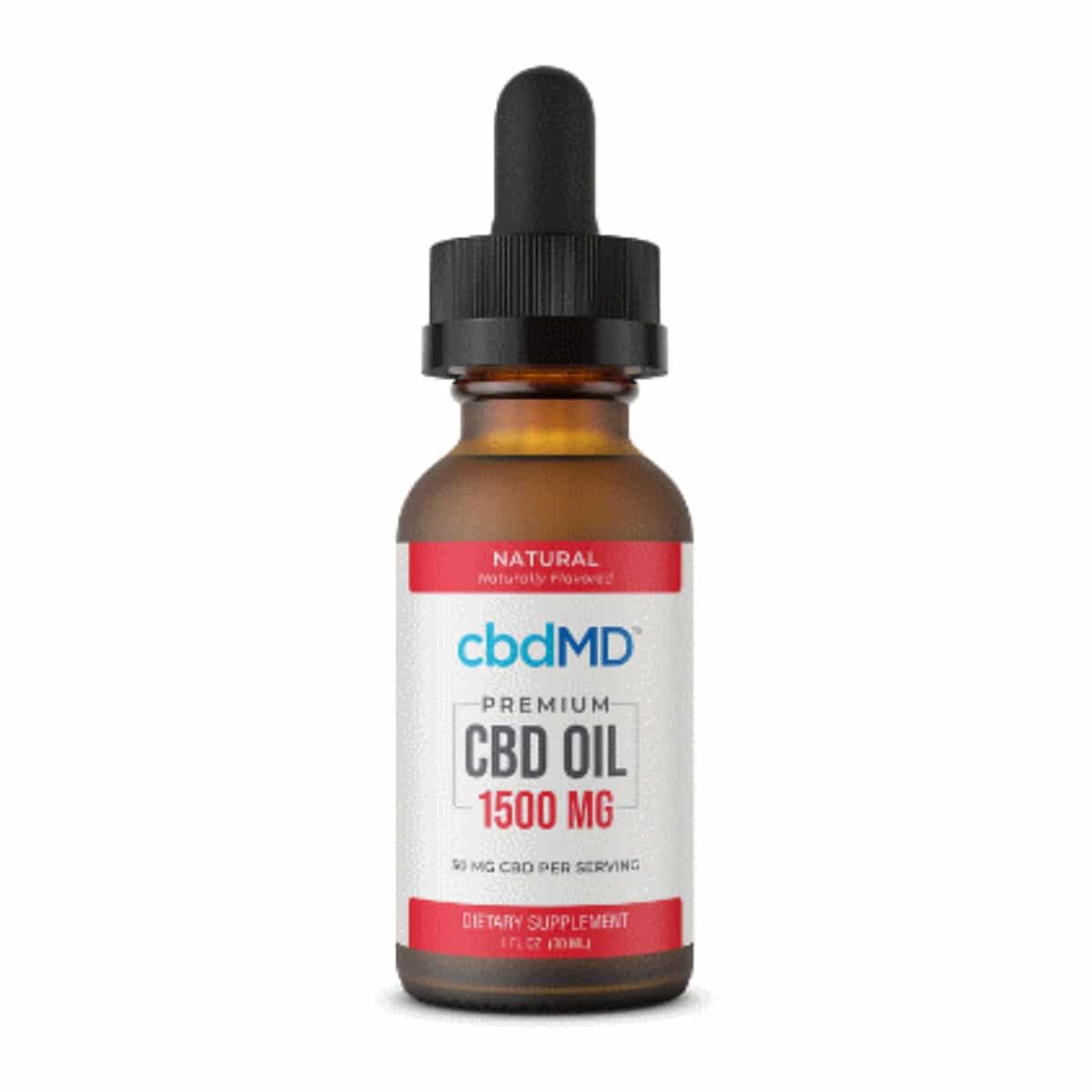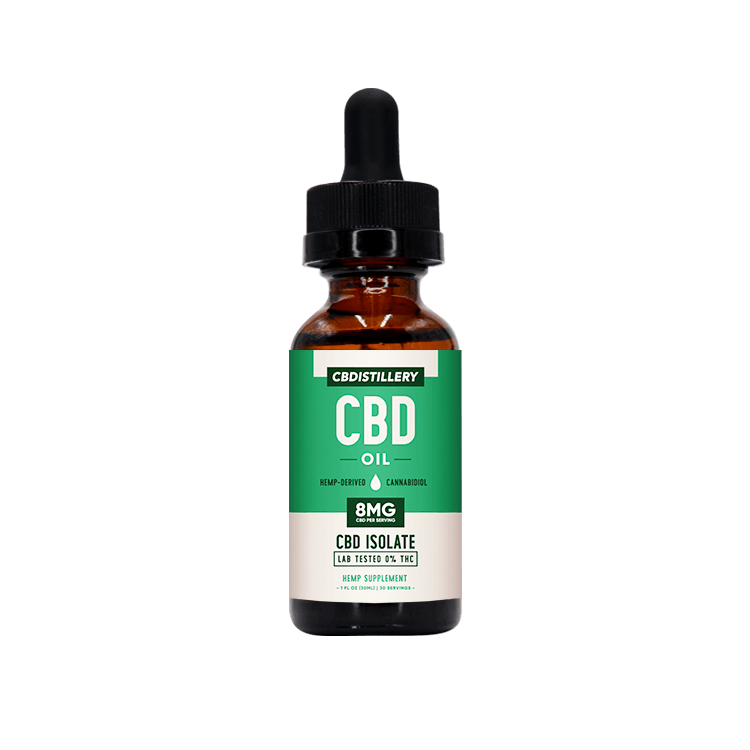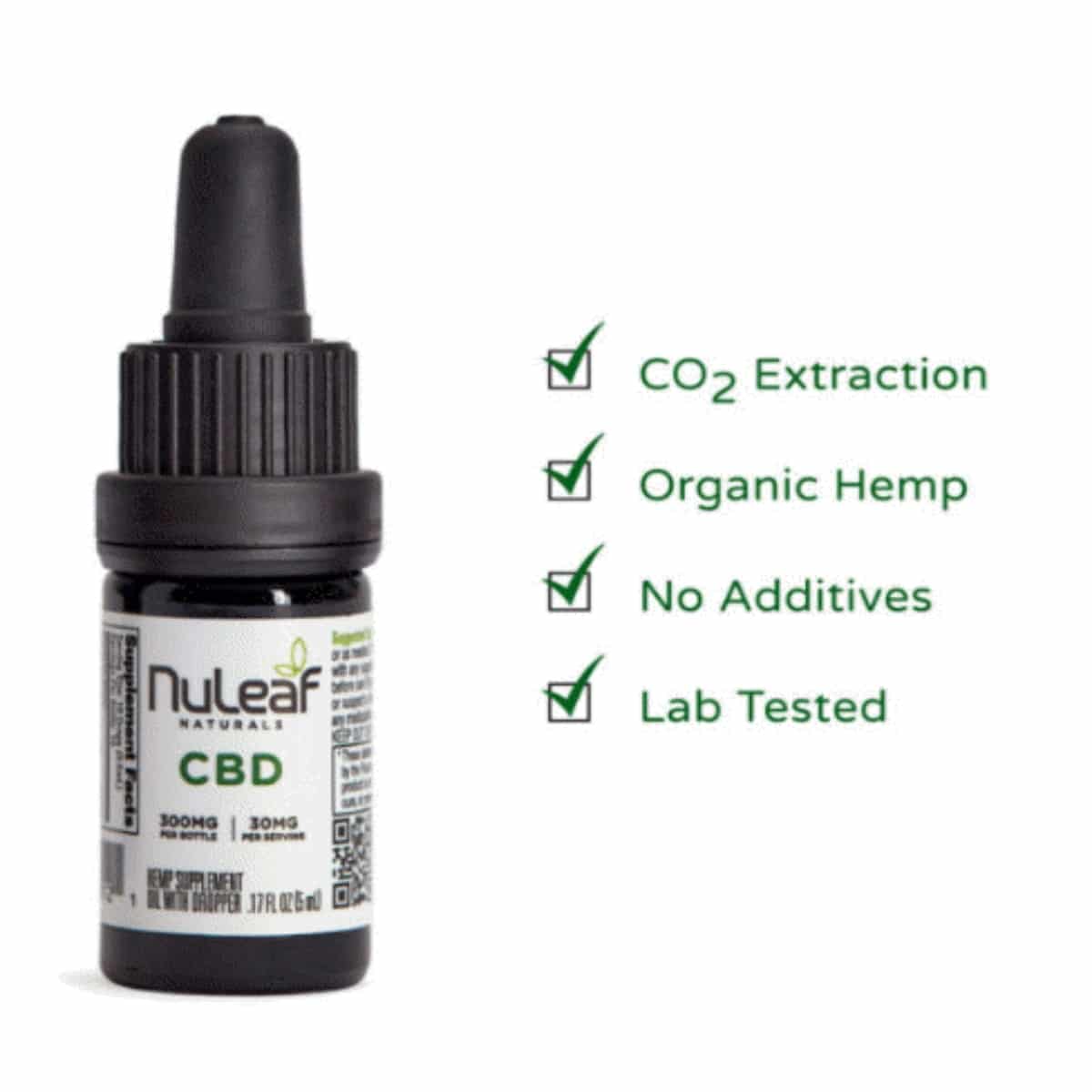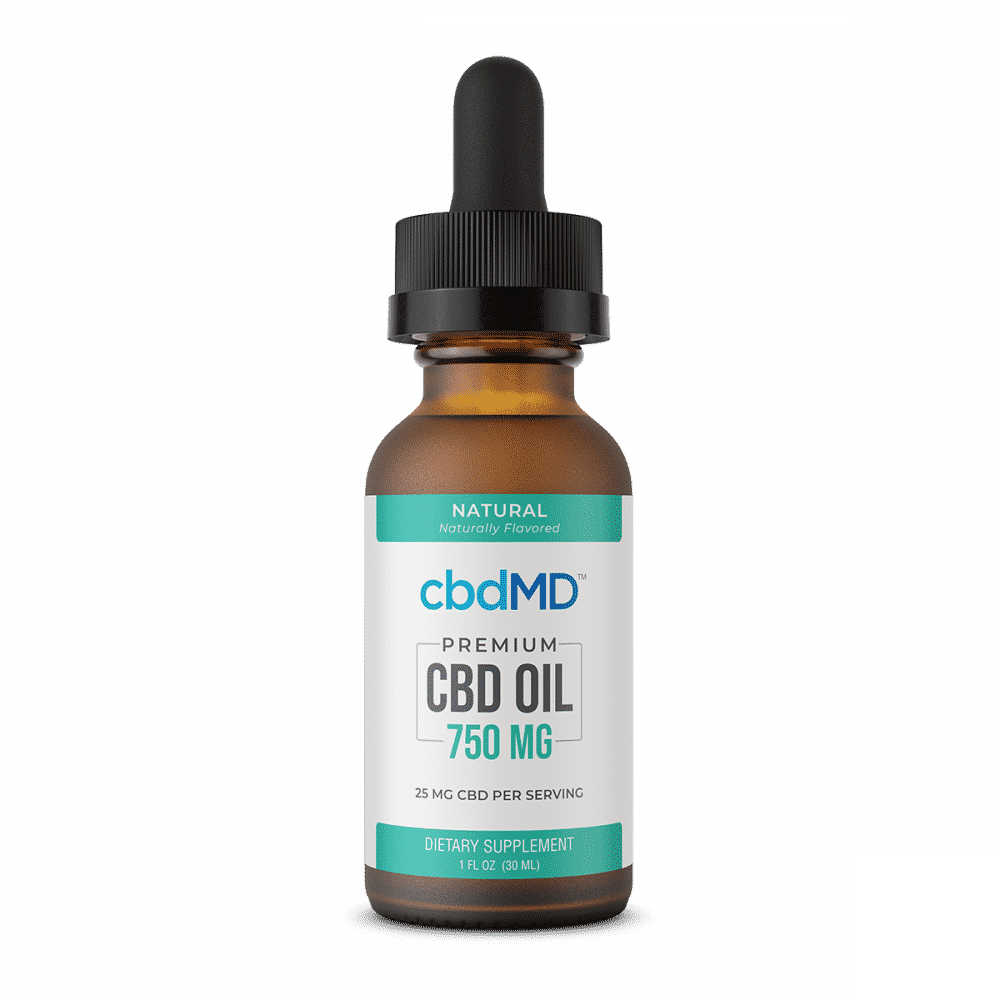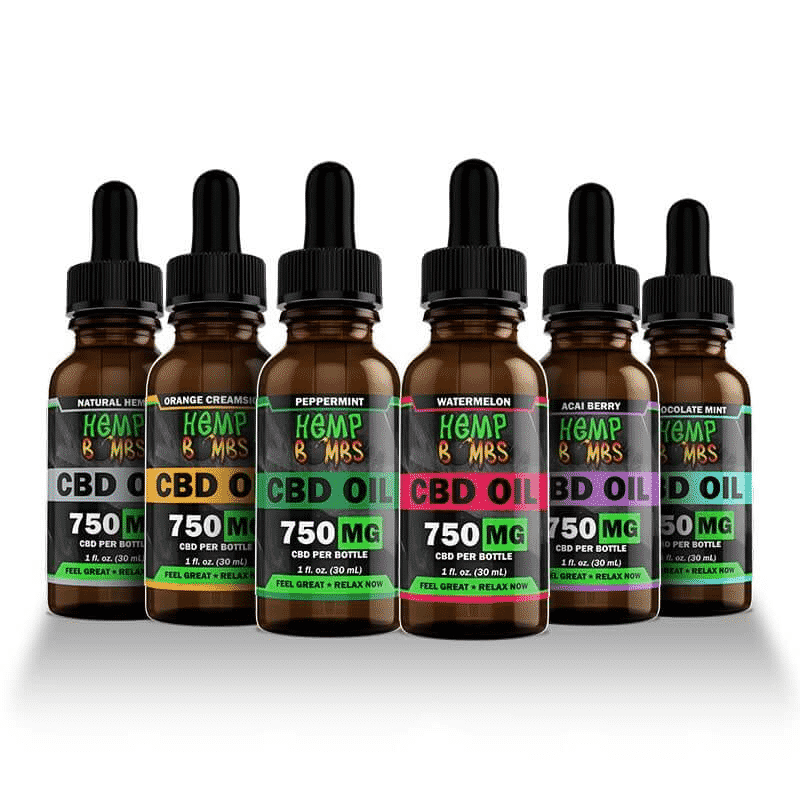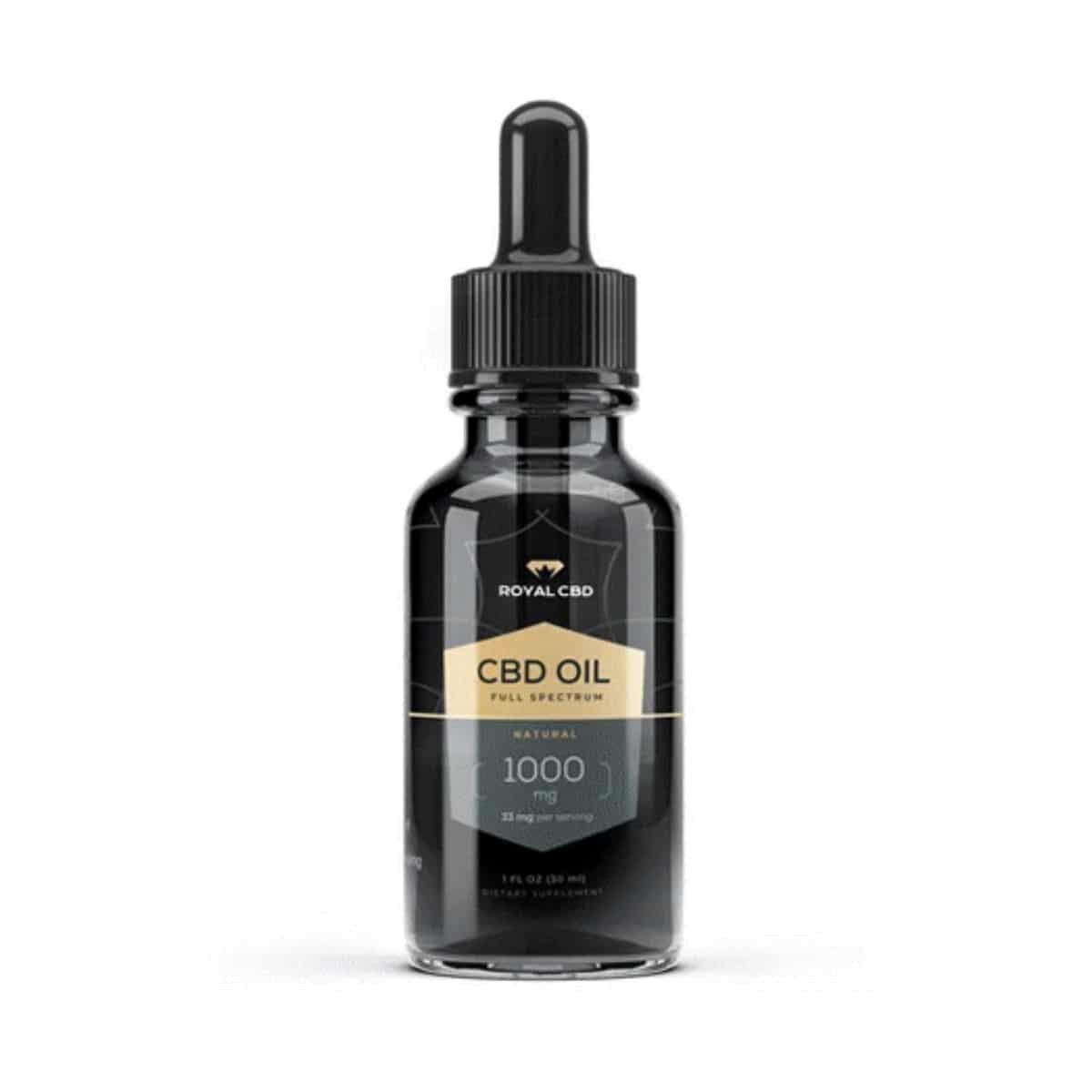Best CBD Oil for Digestion
Would you like to try CBD for your digestive health and overall wellness? CBD Clinicals has summarized the essential information regarding CBD and its effects on digestion.
Best CBD Oil for Digestion 2025
- Spruce 750mg Lab Grade CBD Oil Editor's Pick
- NuLeaf Naturals 900mg Full Spectrum Hemp CBD Oil Best Organic
- Spruce 2400mg Lab Grade CBD Oil Editor's Pick
- Avida Full Spectrum CBD Oil Tincture 500mg Best Seller
- cbdMD CBD Oil Tincture Natural 1500mg Best Natural Alternative
- CBDistillery THC Free CBD Oil Tinctures Best THC-Free
- cbdMD CBD Oil Tincture Natural 750mg Best Customer Rated
- NuLeaf Naturals 300mg Full Spectrum Hemp CBD Oil Best Starter
- Hemp Bombs 750mg CBD Oil Best Flavor Range
- Royal CBD Full Spectrum CBD Oil Most Transparent
Compare the Best CBD Oil for Digestion in 2022
Best CBD Oil for Digestion
1. Spruce 750mg Lab Grade CBD Oil
cbdc overall score
4.8
CBDC Evaluation Table/Score
| Pros | Cons |
|---|---|
|
Mid-strength |
No other flavors |
|
Natural peppermint flavor |
|
|
Made from 100% organic and natural ingredients |
Overview
Each bottle of the 750mg CBD oil tincture contains 25mg of CBD per dropper full. The oil is peppermint flavor to mask any unpleasant tastes related to CBD.
2. NuLeaf Naturals 900mg Full Spectrum Hemp CBD Oil
cbdc overall score
5.0
CBDC Evaluation Table/Score
| Pros | Cons |
|---|---|
|
Pure CBD hemp |
No other flavors |
|
All natural |
|
|
Approximately 300 drops total |
Overview
Natural remedy for various illnesses. NuLeaf Naturals’ CBD oil is a whole-plant extract containing a full spectrum of naturally occurring synergistic cannabinoids and terpenes.
3. Spruce 2400mg Lab Grade CBD Oil
cbdc overall score
5.0
CBDC Evaluation Table/Score
| Pros | Cons |
|---|---|
|
Extra Strength |
Tastes bitter |
|
No artificial flavoring or colors |
No THC-free option |
|
Made from 100% organic and natural ingredients |
Overview
The largest bottle of CBD oil that Spruce offers contains 2,400mg of CBD. This is full-spectrum CBD oil, which is the maximum possible potency. Each high potency dropper full contains 80mg of CBD. There are no flavorings in it, which allows for the most CBD to fit in the 30ml bottle.
4. Avida Full Spectrum CBD Oil Tincture 500mg
cbdc overall score
4.6
CBDC Evaluation Table/Score
| Pros | Cons |
|---|---|
|
Light Spearmint flavor |
No other flavor |
|
Non-THC, Non-detected in drug test |
Overview
Avida Extracts Full Spectrum CBD oil is the latest iteration of the brand’s advanced Avida CORE Spectrum technology. They use a proprietary full spectrum blend, resulting in the highest naturally occurring Phyto-cannabinoids and Terpenes with THC (<0.3) to support your health.
5. cbdMD CBD Oil Tincture Natural 1500mg
cbdc overall score
4.7
CBDC Evaluation Table/Score
| Pros | Cons |
|---|---|
|
Various delicious flavors to choose from |
cbdMD uses MCT as its carrier oil so individuals who are allergic with coconuts should consider other brand options |
|
Has vegan, organic, and gluten-free ingredients |
|
|
Free shipping for this particular product within USA |
|
|
World-class customer service team |
Overview
cbdMD’s CBD oil tinctures are made using only CBD sourced from medical hemp and MCT oil as a carrier oil. Tinctures are offered in orange, mint, natural, and berry flavors. Safe for daily use, the oil tinctures are packaged with a built-in rubber dropper to adjust CBD dosage easily. The packaging is made to be easy to transport and discreet to use.
6. CBDistillery THC Free CBD Oil Tinctures
cbdc overall score
4.4
CBDC Evaluation Table/Score
| Pros | Cons |
|---|---|
|
60-Day Satisfaction Guarantee |
Dropper is a bit shaky |
|
Various strengths |
|
|
Oil extracted from aerial plant parts of US grown industrial hemp |
|
|
Sourced from non-GMO industrial hemp grown in the USA through natural farming practices |
Overview
CBDistillery’s Isolate CBD Oil Tinctures harness the power of pure CBD. CBD Isolate Oil Tinctures include 0.0% THC. When you use CBDistillery CBD Isolate Oil Tinctures, you can be assured you’re using the highest quality CBD on the market.
7. NuLeaf Naturals 300mg Full Spectrum Hemp CBD Oil
cbdc overall score
4.6
CBDC Evaluation Table/Score
| Pros | Cons |
|---|---|
|
Pure CBD hemp |
No other flavors |
|
All natural |
A bit pricey compared to competitors |
|
Approximately 100 drops total |
Overview
This is one of several concentrations from NuLeaf Naturals. As the lowest concentration, it is the company’s best option for those new to CBD oil. The product is lab-tested and fully organic. It is full-spectrum, so it contains THC in small quantities.
8. cbdMD CBD Oil Tincture Natural 750mg
cbdc overall score
4.4
CBDC Evaluation Table/Score
| Pros | Cons |
|---|---|
|
Vegan and Gluten free |
Does not ship internationally |
|
Has a third-party lab test |
|
|
Wide variety of CBD strengths and sizes |
Overview
A 750mg bottle of cbdMD’s Broad Spectrum Oil Tincture does not contain THC. It also has a fairly wide flavor range which is perfect for those who prefer other taste. Vegan consumers are considered since cbdMD offers Vegan products. Aside from all of that, another reason why people love cbdMD is because it’s free from harmful chemicals.
9. Hemp Bombs 750mg CBD Oil
cbdc overall score
3.9
CBDC Evaluation Table/Score
| Pros | Cons |
|---|---|
|
Wide variety of flavors |
Incomplete information about the product |
|
Lab test results are complete |
Does not ship to all international countries |
|
30-day money-back guarantee |
Overview
Hemp Bombs offer CBD Oil Tinctures that come in a 30ml bottle containing 750mg of CBD. They provide a wide range of flavors perfect for those that have a knack for sweets. Consumers can safely intake this because it’s free of chemicals and pesticides. Hemp Bombs also offer a 20% off on products upon subscription.
10. Royal CBD Full Spectrum CBD Oil
cbdc overall score
3.7
CBDC Evaluation Table/Score
| Pros | Cons |
|---|---|
|
Rich in phytochemicals including CBD, CBC, CBG, and a variety of flavorful terpenes |
Shipping not specified on website |
|
More flavors to choose from |
3rd party lab result is currently not available on website |
|
Extracts contain a whole array of cannabinoids and terpenes from the hemp plant — rather than pure CBD isolate |
Overview
Excellent products and superb customer service. Whenever you want to ask them about the dosage, recommended consumption methods, or which CBD oil will work best for you, just give them a call, send them a message, or get in touch with their social media channels. They won’t leave you with any unanswered questions.
How CBD May Help With Digestion
The digestive system encompasses the digestive tract and other organs that assist the body in breaking down food and absorbing nutrients.
The gastrointestinal tract, known as the GI tract or digestive tract, includes the esophagus, stomach, gallbladder, small and large intestines, liver, and pancreas.
Millions of Americans suffer from digestive disorders each year(1).
According to a review from the Journal of Endocrinological Investigation, the ECS (endocannabinoid system) may represent a novel therapeutic target against various GI disorders, such as inflammatory bowel diseases like Crohn’s disease, functional bowel diseases like IBS (irritable bowel syndrome), and secretion- and motility-related diseases(2).
Motility is the term used, referring to the movement of food from the mouth through the throat, esophagus, stomach, intestines, and out of the body.
The ECS is a biological system that maintains balance in the body through enzymes, endogenous cannabinoids, and cannabinoid receptors (CB1 and CB2).
Endogenous cannabinoids are naturally occurring chemical substances in the human body that bind to cannabinoid receptors to elicit a response.
It is believed that chemical compounds present in the cannabis plant like THC (tetrahydrocannabinol) and CBD (cannabidiol) may mimic the actions of endogenous cannabinoids(3).
Unlike THC, which causes a euphoric effect, CBD is non-psychoactive and may counteract some of the adverse effects of tetrahydrocannabinol(4).
CBD and THC work with the ECS to control gut homeostasis or balance(5) by interacting with the cannabinoid receptors(6).
A study from Cannabis and Cannabinoid Research mentioned that activating cannabinoid receptors within the gut may enhance food intake and inhibit gastric acid secretion and peristalsis(7).
Peristalsis is a progression of muscle contractions that move through the GI tract.
CB2 receptors are abundant in the gut(8). More importantly, these receptors affect the immune cells, where they may influence CBD-induced anti-inflammatory processes(9).
Since CBD may interact with the CB2 receptors, it may have therapeutic potential for treating conditions like Crohn’s disease and IBS(10).
Meanwhile, CB1 receptors are present within the pain pathways of the central nervous system, where they may affect CBD-induced pain-relieving and anti-anxiety properties(11).
Gastrointestinal diseases are usually associated with pain(12). Hence, CBD’s purported pain-relieving effects(13) may be a potential area of study for addressing pain related to digestive disorders.
The putative usefulness of cannabidiol for inflammation and pain associated with digestive disorders is plausible considering the pharmacology of CBD.
Nevertheless, more extensive research is warranted to elucidate the effect of CBD on digestion further.
Benefits of Using CBD for Digestion
A 2020 research study from the International Journal of Molecular Sciences examined how cannabidiol and other non-psychoactive cannabinoids may help prevent and treat gastrointestinal disorders(14).
The researchers hypothesized that CBD and other non-psychoactive molecules of cannabis appear to have high therapeutic potential in treating GI tract diseases, such as IBS and IBD (inflammatory bowel disease)(15).
IBD should not be confused with IBS. Although IBS symptoms are similar to IBD, irritable bowel syndrome is not caused by inflammation, and the bowel tissues are not damaged, unlike in IBD(16).
Additionally, the non-psychoactive cannabinoids may also be considered nutraceuticals and may soon find their place in the food industry(17).
Nutraceuticals refer to products used to improve health, prevent chronic diseases, delay the aging process, support the body’s function, and increase life expectancy(18).
Meanwhile, an early report indicated that non-psychotropic plant-based cannabinoids had significant analgesic activity in the writhing test in mice, although with lower efficacy than THC(19).
The researchers also mentioned that CBD was the most effective of the cannabinoids used in the experiment at 100mg per kilogram of the mouse’s body weight(20).
The writhing test is a method of inducing pain by injecting irritant principles like acetic acid in mice. Abdominal writhings in mice involve arching of the back, contraction of abdominal muscles, and extension of hind limbs(21).
These findings may be helpful for researchers who want to explore the potential analgesic properties of CBD in chronic pain triggered by digestive disorders.
In IBS, for instance, chronic pain is linked to alterations in bowel movement(22). The chronic abdominal pain IBS patients feel begins in the gut then travels to the brain, which interprets the sensation as pain.
Another study from Therapeutics and Clinical Risk Management suggested that cannabinoids like CBD and THC may help manage complex pain(23).
Responses to an ABC News poll in the United States indicated that 38 million adults have chronic pain, and about 12 million have used cannabis in attempts to treat their condition(24).
Another purported therapeutic benefit of using CBD is its anti-inflammatory properties(25).
Inflammatory bowel diseases like Crohn’s disease and ulcerative colitis are characterized by chronic inflammation of the GI tract(26).
In an experimental colitis study, the researchers induced colitis in mice. Individual groups were either treated by 10mg of CBD per kilogram of the mouse’s body weight intraperitoneally, 20mg/kg of CBD orally, or 20mg/kg of CBD intrarectally(27).
The results showed that intraperitoneal and intrarectal delivery of CBD may represent a useful therapeutic administration route for the treatment of colonic inflammation(28).
Intraperitoneal refers to a drug administration through the peritoneum, which is a thin transparent membrane that lines the abdominal cavity. Meanwhile, intrarectal delivery is when drugs are delivered via the rectum.
These findings may be promising. However, testing if the results are the same in humans is crucial to determine whether CBD may benefit individuals with digestion problems.
How to Take CBD Oil for Digestion
The various ways you can use CBD are referred to as delivery methods.
- Inhalation
- Ingestion
- Sublingual (under the tongue) absorption
- Topical absorption
- Transdermal route (active ingredients are delivered across the skin for systematic distribution)
- Intrarectal delivery
- Intraperitoneal administration
CBD products are available in edibles, like gummies, topicals, vapes, and CBD tinctures.
When you choose ingestion as a delivery method, remember that your liver processes anything that goes into your stomach(29).
Your liver performs first-pass metabolism, by which active compounds pass through the gastrointestinal system and are metabolized by the liver before becoming available in the bloodstream(30).
Typically, CBD requires 30 to 90 minutes to take effect via the ingestion route(31).
CBD oil is a versatile product. You may hold the oil under your tongue or add the oil to your food or beverage. Note that fatty foods are ideal for increasing bioavailability(32).
Bioavailability is the extent to which a specific substance becomes entirely available to its intended biological destinations.
A 2019 research study from the University of Minnesota hypothesized that high-fat foods may increase oral CBD absorption into the body(33).
Compared to fasting, taking cannabidiol with food may increase the amount of the compound in the body by four times and the maximum amount recorded in a subject’s blood by 14 times(34).
On the other hand, the intrarectal route avoids the liver and first-pass metabolic effects. Commercially available suppositories that use hemisuccinate excipients may help increase absorption by breaking down fat-soluble compounds into water-soluble compounds(35).
Hemisuccinate is a chemical compound of succinic acid in which only one of its carboxylic acid groups is combined with alcohol or acid. Meanwhile, ‘excipient’ is a term used to describe a particular substance formulated with the active ingredient of a medication.
CBD Dosage for Digestion
The FDA (Food and Drug Administration) has not approved CBD as a medical treatment for problems with digestion. Therefore, there is no standard CBD dosage for digestive disorders.
However, research from Current Drug Safety showed that chronic use and high doses of CBD up to 1,500mg each day are well tolerated in humans(36).
Furthermore, doses between 10mg and 100mg of CBD per day have been shown to help with pain, inflammation, and mental health issues, like depression and anxiety(37).
Digestive disorders include various diseases ranging from mild to severe(38). GERD (gastroesophageal reflux disease) is a common GI disorder that causes a burning sensation in the chest(39).
A 2019 study from the journal Cureus indicated that depression and anxiety were notably higher in patients with GERD and chest pain(40). It is believed that CBD may help with anxiety disorders(41).
Still, it is recommended to consult a healthcare professional experienced in cannabis use to determine the appropriate delivery method and accurate CBD dosage for your specific condition.
How Long Does CBD Take to Help With Digestion?
How long it takes for cannabidiol to help with digestion depends on the administration route used and other factors like body weight and CBD potency.
Usually, the onset time of CBD via the ingestion route is between 30 and 90 minutes, and the compound’s effect may last from 6 to 8 hours(42).
Ingestion is an excellent option for individuals suffering from inflammatory bowel conditions because substances like CBD will be delivered right to where they are needed most(43).
How Long Will CBD Help With Digestion?
How long CBD will last after it takes effect usually depends on its pharmacokinetics.
Pharmacokinetics encompasses the time course of drug absorption, bioavailability, distribution, metabolism, and excretion.
The bioavailability of CBD via the ingestion route is between 6% and 15%(44).
Things to Look for When Choosing CBD Oil for Digestion
Choosing the right CBD product for digestion can be challenging, given the number of CBD companies claiming to have the best CBD oil in the market.
Below are pertinent pieces of information to help you choose high-quality CBD products for digestion and overall gut health:
- Learn about the different types of CBD or hemp extracts.
You may choose full-spectrum CBD oil, broad-spectrum CBD oil, or CBD isolates.
A full-spectrum CBD product has all of the compounds of the cannabis plant, including CBD and other cannabinoids, terpenes, essential oils, and flavonoids.
This CBD variant is known to provide the entourage effect due to the presence of all these cannabis compounds. Full-spectrum CBD also has a THC concentration of less than 0.3%.
When all the compounds work together, they induce the entourage effect.
The entourage effect is the theory where the biologically active compounds of cannabis work better when administered together.
Terpenes are aromatic compounds present in cannabis and many other plants.
On the other hand, flavonoids are plant chemicals that have been suggested to exhibit biological activities, such as anti-inflammatory, antioxidant, and antiviral actions(45).
Broad-spectrum CBD oil is similar to the full-spectrum CBD variant. However, it is nearly THC-free. Lastly, CBD isolates are made of pure CBD.
- Support CBD brands that are transparent with their farming practices.
Before purchasing CBD, ensure that a third-party lab has tested all their products for consistency and potency.
You should also check the COA (certificate of analysis), which indicates whether a product contains harmful contaminants, heavy metals, and pesticides.
- Know about CBD extraction methods.
Cannabis plant extraction methods such as ethanol, solvent, or CO2 extraction techniques are preferred when creating a safe CBD product(46).
- Familiarize yourself with carrier oils.
Carrier oils are the substances used to dilute essential oils. The most commonly utilized carrier oils for CBD include medium-chain triglycerides or MCT oil, coconut oil, and hempseed oil(47).
Although most people use the terms hemp oil and hempseed oil interchangeably, they are different from each other.
Hemp oil, a term often used to refer to CBD oil, is an essential oil that comes from hemp plants’ leaves and flowers.
Meanwhile, hempseed oil is made from the pressed seeds of hemp.
Although hempseed oil does not contain CBD, it is rich in nutrients and fatty acids(48).
- Find a CBD brand that uses non-GMO and organic hemp.
Reputable CBD brands produce hemp plants or purchase from other companies that practice sustainable farming.
- Ensure that the CBD brand you choose is authorized in manufacturing, distributing, and selling CBD products.
Visit its official webpage and social media accounts to gather more information about the brand.
Risks and Side Effects of Using CBD for Digestion
The WHO (World Health Organization) indicates that CBD is generally safe and well tolerated in humans and animals(49). Still, CBD may carry some risks and minor side effects, including(50).
- Dry mouth
- Diarrhea
- Reduced appetite
- Drowsiness
- Fatigue
The most common symptoms of digestive disorders are bloating, constipation, diarrhea, bleeding, pain, heartburn, nausea, and vomiting(51).
Because of CBD’s low toxicity in humans, an animal study using murine models suggested that CBD may be a good therapeutic candidate to normalize motility in IBD patients(52).
However, remember that diarrhea and fatigue are minor side effects of CBD(53).
Persistent diarrhea and fatigue are also common symptoms of IBD(54). Hence, CBD may not be tolerated by some IBD patients.
Despite CBD’s purported health benefits, it is still best to ask for medical advice, especially if you are considering using CBD as a supplement to help with your digestive problems.
Legality of CBD
The United States Congress ratified the 2018 Farm Bill, legalizing the commercial use of industrial hemp and products obtained from hemp plants(55).
The 2018 Farm Bill states that Cannabis sativa L. and other cannabis derivatives with less than 0.3% THC content on a dry weight basis are legal under federal law(56).
The Federal Comprehensive Drug Abuse Prevention and Control Act of 1970 classifies substances into five categories based on their drug abuse potential and possible medical use(57).
Substances with high abuse potential and no accepted medical use are listed under the Schedule 1 drugs category(58). Under federal law, these drugs may not be prescribed, administered, or dispensed.
However, it is worth noting that the U.S. Attorney General has the authority to switch, add, or remove drugs from a particular schedule(59).
Meanwhile, some states have passed laws permitting recreational and medical marijuana. Nevertheless, these state laws do not alter the fact that marijuana is still listed as a Schedule I drug under federal law(60).
For instance, recreational and medical marijuana use is legal in Colorado. However, under HB 21-1317, Coloradans who use marijuana for medical purposes have a daily purchase limit of 2oz of flower and 8g of concentrates(61).
Exceptions to the limits apply to individuals whose doctors confirm in writing that the patients have a physical hardship that should allow them to exceed their daily purchase limits(62).
Product Frequently
Asked Questions
-
How can CBD help with digestion?
CB2 receptors, present primarily in the immune system, affect immune cells, where they may influence CBD-induced anti-inflammatory processes(63).
Since CBD may interact with the CB2 receptors, it may have therapeutic potential for treating conditions like Crohn’s disease and IBS that cause digestion troubles(64).
-
What evidence or research exists to say that CBD helps with digestion?
No direct evidence suggests that CBD helps with digestion. However, CBD has purported pain-relieving properties(65) that may help alleviate pain linked to certain digestive conditions.
For instance, IBS chronic pain is associated with alteration in bowel movement, like diarrhea, constipation, or both(66). The chronic pain in IBS may be felt anywhere in the abdomen, which some people describe as cramping.
It is unclear whether CBD use may normalize bowel movement. Still, CBD’s potential pain-relieving effects(67) may be useful to researchers who want to examine the benefit of CBD on IBS chronic pain linked to bowel movement changes.
-
Is there any evidence that CBD can make digestion worse?
No scientific evidence exists directly suggesting that CBD can make digestion worse. However, diarrhea and fatigue are common side effects of CBD(68).
Since CBD may trigger diarrhea in some people, ensure to talk with your doctor before using CBD for digestion issues.
-
Will CBD interact with any current medication I may be taking for digestion?
If you have digestive problems like IBS, your doctor may recommend pain medications, fiber supplements, laxatives, or even antidepressants to relieve stress(69).
However, antidepressants may interact with CBD because they use the cytochrome P450 enzyme system(70).
The cytochrome P450 is a family of liver enzymes that metabolize about 60% of the pharmaceutical substances people consume.
CBD may inhibit these enzymes’ activity at high doses, resulting in a drug-to-drug interaction(71).
-
Are there other treatments I should consider alongside CBD to help with digestion?
Dietary changes may help with digestion problems like IBS(72). According to the National Center for Complementary and Integrative Health, peppermint is being promoted for IBS and other digestive issues(73).
Still, talk to your healthcare provider for proper medical advice if you are considering other treatments or diet therapies alongside CBD to help with digestion.
-
Can I fail a drug test if I use CBD for digestion?
CBD is non-psychoactive. Hence, it does not cause a euphoric effect. Still, using a full-spectrum CBD product frequently may cause THC build-up in the body(74).
An increased level of THC in the bloodstream may result in a positive drug test.
-
What is the CBD dosage for digestion?
CBD doses between 10mg and 100mg may help with pain, inflammation, and IBS, a digestion-related medical condition(75). Still, there is no standard CBD dosage for digestion because the FDA has not regulated it.
- Digestive Disorders
https://www.hopkinsmedicine.org/health/wellness-and-prevention/digestive-disorders - Endocannabinoids and the Gastrointestinal Tract
https://pubmed.ncbi.nlm.nih.gov/16751708/ - The Endocannabinoid System, Our Universal Regulator
https://www.jyi.org/2018-june/2018/6/1/the-endocannabinoid-system-our-universal-regulator - Does Cannabidiol Protect Against Adverse Psychological Effects of THC?
https://www.ncbi.nlm.nih.gov/pmc/articles/PMC3797438/ - Irritable Bowel Syndrome: Manipulating the Endocannabinoid System as First-Line Treatment
https://www.ncbi.nlm.nih.gov/pmc/articles/PMC7186328/#B59 - Cannabidiol
https://pubchem.ncbi.nlm.nih.gov/compound/Cannabidiol - Endocannabinoids in the Gut
https://www.ncbi.nlm.nih.gov/pmc/articles/PMC4940133/ - Healing With CBD, page 156.
https://drive.google.com/file/d/1AGlxnhS2SoFeOXEuysv75bd_C9pEnwsU/view - Cannabidiol
https://pubchem.ncbi.nlm.nih.gov/compound/Cannabidiol - Healing With CBD, page 156.
https://drive.google.com/file/d/1AGlxnhS2SoFeOXEuysv75bd_C9pEnwsU/view - Cannabidiol
https://pubchem.ncbi.nlm.nih.gov/compound/Cannabidiol - Gastrointestinal Diseases
https://my.clevelandclinic.org/health/articles/7040-gastrointestinal-diseases - Research Shows Pain-Relieving Effects of CBD
https://www.sciencedaily.com/releases/2021/04/210423130221.htm - Cannabidiol and Other Non-Psychoactive Cannabinoids for Prevention and Treatment of Gastrointestinal Disorders: Useful Nutraceuticals?
https://www.ncbi.nlm.nih.gov/pmc/articles/PMC7246936/ - Ibid.
- What Is Inflammatory Bowel Disease (Ibd)?
https://www.cdc.gov/ibd/what-is-IBD.htm - Cannabidiol and Other Non-Psychoactive Cannabinoids for Prevention and Treatment of Gastrointestinal Disorders: Useful Nutraceuticals?
https://www.ncbi.nlm.nih.gov/pmc/articles/PMC7246936/ - New Concepts in Nutraceuticals as Alternative for Pharmaceuticals
https://www.ncbi.nlm.nih.gov/pmc/articles/PMC4336979/ - Analgesic and anti-inflammatory activity of constituents of Cannabis sativa L.
https://link.springer.com/article/10.1007/BF00915771 - Ibid.
- Acetic Acid-Induced Painful Endogenous Infliction in Writhing Test on Mice
https://www.ncbi.nlm.nih.gov/pmc/articles/PMC3543562/ - Understanding and Managing Pain in Irritable Bowel Syndrome (IBS)
https://aboutibs.org/treatment/understanding-and-managing-pain-in-ibs/ - Cannabinoids in the Management of Difficult to Treat Pain
https://www.ncbi.nlm.nih.gov/pmc/articles/PMC2503660/ - Ibid.
- Antioxidative and Anti-Inflammatory Properties of Cannabidiol
https://www.ncbi.nlm.nih.gov/pmc/articles/PMC7023045/ - What Is Inflammatory Bowel Disease (Ibd)?
https://www.cdc.gov/ibd/what-is-IBD.htm - Topical and Systemic Cannabidiol Improves Trinitrobenzene Sulfonic
Acid Colitis in Mice
https://www.karger.com/Article/Pdf/336871 - Ibid.
- Healing With CBD, page 202.
https://drive.google.com/file/d/1AGlxnhS2SoFeOXEuysv75bd_C9pEnwsU/view - Healing With CBD, page 282.
https://drive.google.com/file/d/1AGlxnhS2SoFeOXEuysv75bd_C9pEnwsU/view - Healing With CBD, page 191.
https://drive.google.com/file/d/1AGlxnhS2SoFeOXEuysv75bd_C9pEnwsU/view - Healing With CBD, page. 205.
https://drive.google.com/file/d/1AGlxnhS2SoFeOXEuysv75bd_C9pEnwsU/view - High-Fat Foods Can Increase Oral Cannabidiol Absorption Into the Body
https://www.sciencedaily.com/releases/2019/08/190813130426.htm - Ibid.
- Healing With CBD, page 211.
https://drive.google.com/file/d/1AGlxnhS2SoFeOXEuysv75bd_C9pEnwsU/view - Safety and side effects of cannabidiol, a Cannabis sativa constituent
https://pubmed.ncbi.nlm.nih.gov/22129319/ - CBD: A Patient’s Guide to Medicinal Cannabis, page 129.
https://drive.google.com/file/d/1MILU_6ZjYkII-XMUPHLFPiPQbrz__5Sh/view - Digestive Disorders
https://www.hopkinsmedicine.org/health/wellness-and-prevention/digestive-disorders - Gastroesophageal reflux disease (GERD)
https://www.mayoclinic.org/diseases-conditions/gerd/symptoms-causes/syc-20361940 - Depression and Anxiety in Patients with Gastroesophageal Reflux Disorder With and Without Chest Pain
https://www.ncbi.nlm.nih.gov/pmc/articles/PMC6858267/ - Cannabidiol as a Potential Treatment for Anxiety Disorders
https://www.ncbi.nlm.nih.gov/pmc/articles/PMC4604171/ - Healing With CBD, page 191.
https://drive.google.com/file/d/1AGlxnhS2SoFeOXEuysv75bd_C9pEnwsU/view - Healing With CBD, page 203.
https://drive.google.com/file/d/1AGlxnhS2SoFeOXEuysv75bd_C9pEnwsU/view - Healing With CBD, page 191.
https://drive.google.com/file/d/1AGlxnhS2SoFeOXEuysv75bd_C9pEnwsU/view - Flavonoids as antioxidants
https://pubmed.ncbi.nlm.nih.gov/10924197/ - Cannabidiol Primer for Healthcare Professionals
https://www.ncbi.nlm.nih.gov/pmc/articles/PMC7340472/ - Healing With CBD, page 205.
https://drive.google.com/file/d/1AGlxnhS2SoFeOXEuysv75bd_C9pEnwsU/view - Hemp Seed Oil Properties
https://extension.okstate.edu/fact-sheets/hemp-seed-oil-properties.html - Cannabidiol (CBD)
https://www.who.int/medicines/access/controlled-substances/CannabidiolCriticalReview.pdf - What Are the Benefits of CBD — And Is It Safe to Use?
https://www.mayoclinic.org/healthy-lifestyle/consumer-health/expert-answers/is-cbd-safe-and-effective/faq-20446700 - Digestive Disorders
https://www.hopkinsmedicine.org/health/wellness-and-prevention/digestive-disorders - Cannabidiol, Extracted From Cannabis sativa, Selectively Inhibits Inflammatory Hypermotility in Mice
https://bpspubs.onlinelibrary.wiley.com/doi/full/10.1038/bjp.2008.177 - What Are the Benefits of CBD — And Is It Safe to Use?
https://www.mayoclinic.org/healthy-lifestyle/consumer-health/expert-answers/is-cbd-safe-and-effective/faq-20446700 - What Is Inflammatory Bowel Disease (Ibd)?
https://www.cdc.gov/ibd/what-is-IBD.htm - H.R.2 – Agriculture Improvement Act of 2018
https://www.congress.gov/bill/115th-congress/house-bill/2/text - FDA Regulation of Cannabis and Cannabis-Derived Products, Including Cannabidiol (CBD)
https://www.fda.gov/news-events/public-health-focus/fda-regulation-cannabis-and-cannabis-derived-products-including-cannabidiol-cbd - The Federal Controlled Substances Act: Schedules and Pharmacy Registration
https://www.ncbi.nlm.nih.gov/pmc/articles/PMC3839489/ - Ibid.
- Ibid.
- Ibid.
- HOUSE BILL 21-1317
https://leg.colorado.gov/sites/default/files/2021a_1317_signed.pdf - Ibid.
- Cannabidiol
https://pubchem.ncbi.nlm.nih.gov/compound/Cannabidiol - Healing With CBD, page 156.
https://drive.google.com/file/d/1AGlxnhS2SoFeOXEuysv75bd_C9pEnwsU/view - Research Shows Pain-Relieving Effects of CBD
https://www.sciencedaily.com/releases/2021/04/210423130221.htm - Understanding and Managing Pain in Irritable Bowel Syndrome (IBS)
https://aboutibs.org/treatment/understanding-and-managing-pain-in-ibs/ - Research Shows Pain-Relieving Effects of CBD
https://www.sciencedaily.com/releases/2021/04/210423130221.htm - What Are the Benefits of CBD — And Is It Safe to Use?
https://www.mayoclinic.org/healthy-lifestyle/consumer-health/expert-answers/is-cbd-safe-and-effective/faq-20446700 - Irritable Bowel Syndrome
https://www.mayoclinic.org/diseases-conditions/irritable-bowel-syndrome/diagnosis-treatment/drc-20360064 - Healing With CBD, pages 114-116
https://drive.google.com/file/d/1AGlxnhS2SoFeOXEuysv75bd_C9pEnwsU/view - Ibid.
- Diet, Lifestyle and Medicines
https://www.nhs.uk/conditions/irritable-bowel-syndrome-ibs/diet-lifestyle-and-medicines/ - Peppermint Oil
https://www.nccih.nih.gov/health/peppermint-oil - Can You Take CBD and Pass a Drug Test?
https://www.consumerreports.org/cbd/can-you-take-cbd-and-pass-a-drug-test/ - CBD: A Patient’s Guide to Medicinal Cannabis, page 129.
https://drive.google.com/file/d/1MILU_6ZjYkII-XMUPHLFPiPQbrz__5Sh/view

